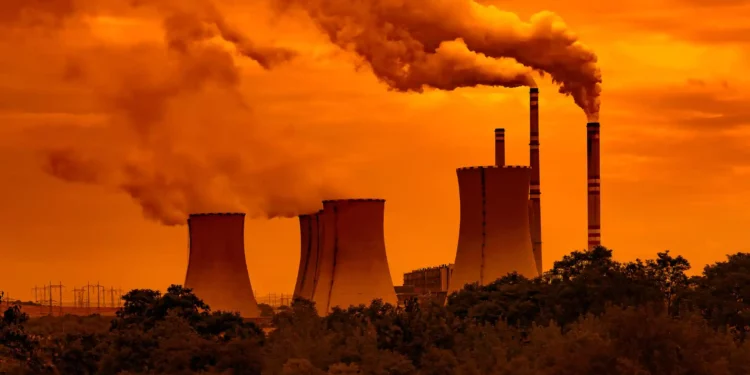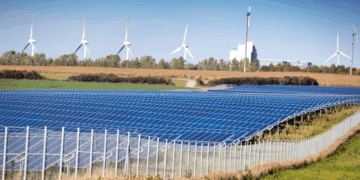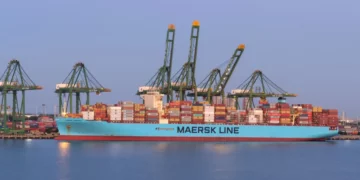Australia emits only approximately 1% of global emissions at home, while its fossil fuel exports account for over 4.5%.
Fossil fuels like coal and gas exports from Australia are involved with climate damage when compared to any other country bar Russia as per a new study. The study argues that Australia made arrangements to undermine a global agreement in order to transition away from fossil fuels.
The University of Australian Human Rights Institute in New South Wales commissioned an investigation, which revealed that Australia would be one of the largest fossil fuel exporters in 2021, trailing only the United States and Russia in terms of energy.
Australia surpassed the United States and placed second in terms of emissions because coal, a highly emissions-intensive fuel, constituted the majority of its exports.
To put things in perspective, while Australia emits only approximately 1% of global emissions at home, its exports account for over 4.5%.
The non-profit science and policy organisation Climate Analytics said in a report which was based on government forecasts that the exports of fossil fuel from Australia were expected to stay around the current level until minimum 2035. The expectation came in as it continued to approve new coal and gas export developments.
The project lead of the Australian Human Rights Institute’s climate accountability project, Dr.Gillian Moon It was striking that emissions from Australia’s fossil fuel exports had been around 30 billion tonnes of CO2 over the 63 years from 1961, and this was expected to rise by 50% between now and 2035.
We export 91% of our coal and about three-quarters of gas, and we have no plan to get off this trade,” she said. “The Australian public deserve to know the truth about this and the consequences for us.”
Moon further said that if the country is in any seriousness about its commitments towards climate change then it should boost their efforts to encourage countries that have purchased its fossil fuels. The countries particularly involve the most developed economies like Japan, Taiwan and South Korea and they take up almost two-thirds of the total exports in order to swiftly move towards renewable energy.
It came as a surprise to her that fossil fuel output was not presented at global climate conferences organised at the end of every year. As per Moon there is a conversation required in terms of how to deal with it.
According to the calculation, if the world community is to fulfil the headline goal of the historic Paris climate agreement, which specifies that countries will attempt to limit global warming to 1.5 degrees Celsius, fossil fuel emissions must be reduced by 64% by 2035.
Australian fossil fuel in 2023 was expected to end in 1.5 billion tonnes of carbon dioxide which is about three times the amount that was emitted domestically.
In 2022, Australia accounted for over 52% of worldwide metallurgical coal exports and approximately 17% of global thermal coal exports. In the production of power, metallurgical coal is utilised in steelmaking, as is thermal coal.
In the five years running up to 2020, Australia’s liquefied natural gas export capacity more than doubled, increasing by 62 million tonnes per year. Only 19% of the gas extracted in Australia is used within the country. The remaining was exported or used as energy by the export sector.
The government of Australia has continued to grant permissions for new large scale gas production and other LNG export projects in 2021 and 2022. This was at odds with the International Energy Agency’s net zero roadmap, which found that global gas demand should fall 18-22% by 2030 and 47-53% by 2035 compared to 2022 levels.
A recent analysis by the Institute for Energy Economics and Financial Analysis, a think tank, questioned claims that Japan required Australian gas to meet its energy needs. According to the report, demand for gas in the Asian country has decreased by 25% over the last decade, and the government is now selling more LNG overseas than it buys from Australia.

















